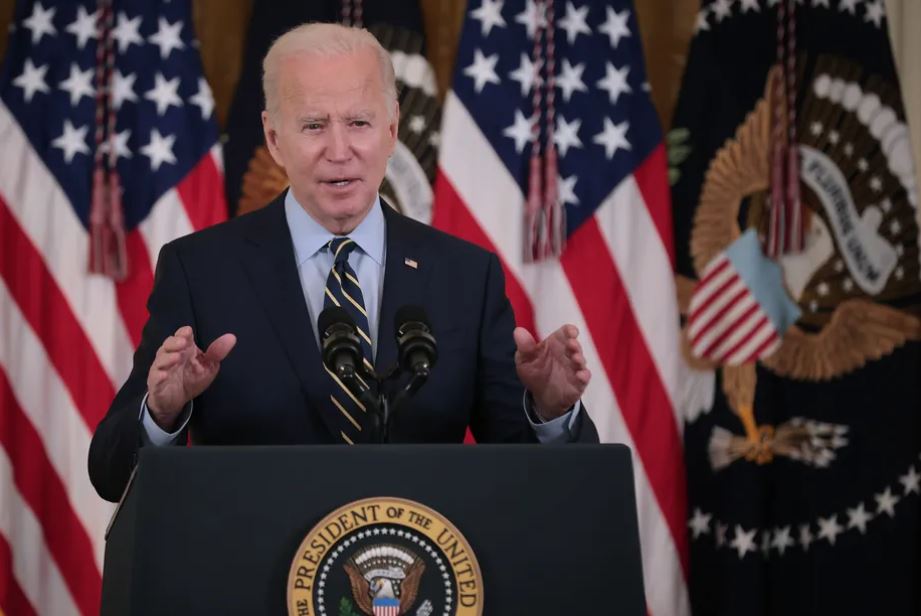Gains for Lower-Income Americans

This issue needs further study, but this is quite interesting. I will also post one even more interesting response to it below.
For the past three years, low-income workers have made historic gains in wages even after inflation, reversing the trend of advances for upper-income workers and stagnating pay for laborers that dominated the previous four decades, according to a POLITICO analysis of data from the U.S. Labor Department.
The gains were the product of a series of dramatic changes in the structure of the labor market and government policies to aid the economy during the pandemic. Fueled by the resulting worker shortage, for example, one of the lowest tiers of earners — people making an average of $12.50 per hour nationally — saw their pay grow nearly 6 percent from 2020 to 2022, even after factoring in inflation. That’s significantly bigger than what low-wage workers got during the entire administration of President Barack Obama, following the Great Recession.
At the same time, price spikes have eaten away raises for the highest-earning employees, leading their inflation-adjusted income to drop roughly 5 percent over the past couple of years. The result, according to one new paper: One-quarter of the 40-year growth in the yawning gap between higher-income workers and lower-income workers has disappeared in just a few years.
It’s one paper, OK. But could we use more investigation into what is really happening here? You bet we could.
Now, however, those gains are in jeopardy, as the government moves to end bipartisan pandemic-era spending that injected trillions of dollars into the economy, spurred consumer spending and put workers in ultra-high demand. The Federal Reserve has been moving to slow down the economy, worried that wages for all workers are rising too fast for inflation fall back down to their goal of 2 percent and enacting a series of interest-rate hikes designed to curb economic activity.
The resulting slowdown will hurt low-wage workers disproportionately. In recent months, the number of people quitting their jobs and the number of vacancies posted by employers have drifted downward, suggesting less mobility and fewer opportunities for wage growth.
Of course! No wonder the media is so excited for this debt ceiling deal! Get those people back working!!
I also want to mention Eric Levitz’s observation on this:
Biden is presiding over one of the largest reductions in wage inequality, and increases in real wages for low-income workers, in modern U.S. history. (And the public writ large doesn’t seem particularly enthused) https://t.co/KdmX5VK0Hq pic.twitter.com/ewMgc6eJbW
— Eric Levitz (@EricLevitz) May 29, 2023
Right–I think the fundamental point I would take away is that no one cares about policy, including voters. Now we can debate how much anything Biden has done has had much to do with it. But there is a pretty common talking point that says if only Democrats would elect Real Progressives that it would pay off at the ballot box. And I don’t really see that this is true. Similarly, I don’t think electing centrists pays off either. What I think is that in terms of electoral success, it basically doesn’t matter. Voters are going to vote on how they feel and that can be filtered through any number of factors, most of which are only tangentially related to actual policy and many of which are exacerbated through hate and fear. So maybe low-income workers are doing really well (relatively anyway) under Biden. But Hunter Biden’s laptop. Boom.


